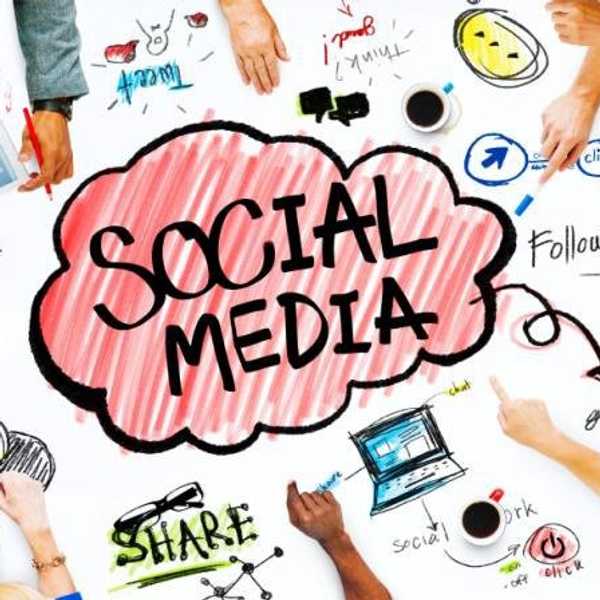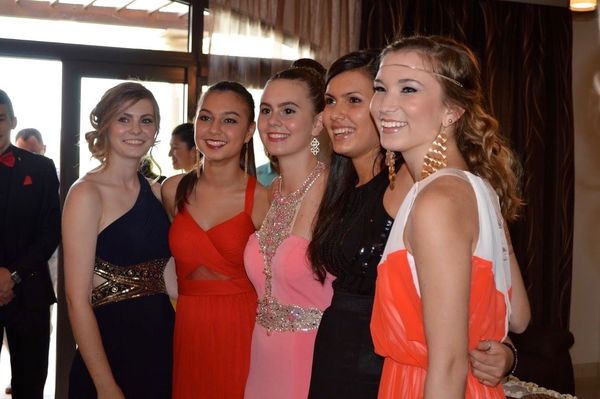A recent study performed by the University of Michigan discovered that college students are 40 percent less empathetic than the students thirty years ago. I don't know how you feel about that, but to me, this data is extremely concerning. This lack of empathy shows that students are less likely to feel affected by mass tragedy or help out a friend in need. The biggest change in empathy seemed to happen in the 2000s with the rise of social media.
How is social media making us less compassionate for others?
Every day the world seems to become more "selfie-centered." Social media trains us to be careless about other people. According to Craig Groeschel in his book "#Struggles," every time we see something about ourselves—especially things perceived as positive—our brain releases dopamine." As we are scrolling through social media, we become more and more obsessed with ourselves and care less and less about others.
Along with becoming more obsessed with ourselves, social media makes us less compassionate for others by replacing relationships instead of enhancing them. Groeschel provides a great example of this in his book "#Struggles." Imagine you're having coffee with a friend and talking with them about your life and they suddenly pull out their to-do list and write a couple of things down and then put it away. Then a few minutes pass and they pull out a book, read a few pages and then put it away. Then, they get up in the middle of you talking, walk to another table and say hello to someone, and then come back and sit down. This is exactly what we do during our personal time with friends every time we pull out our phone just to answer a quick text or check on our other appointments.
Sometimes, we don't even make the time for personal time with friends. Social media allows us to care from a distance -- which isn't really caring at all. Groeschel says "if you say that you care but then don't act on that feeling, it's the same as not caring at all." Social media makes it so easy for us to quickly say "I'm praying for you" or comment "I'm so sorry for your loss," but we need to follow up with that friend and make sure they are doing well. It means so much more to a person when you pray with them or meet up with them when they are going through a rough time instead of messaging them on Facebook.
How is social media desensitizing us to the world around us?
Every time an important cause hits social media, it blows up for a few days and then everyone forgets it ever happened. There is evidence on a correlation between an idea or cause becoming extremely popular and a decline in social compassion. Once we see a cause so many times on social media, we get tired of seeing it and disregard it. We forget that these are real people that are suffering that really do need the help of the community.
Social media also makes all posts look the same, so our brains have trouble differentiating between what is important and what is not. When we scroll through our news feed and see a funny video and then next a post about a school shooting, our brain does not see these posts as different. We have to remind ourselves that some things on social media are real, tragic events that need our attention. Social media displays these things as equal, which over time desensitizes us to the things that really matter.
How can we gain our compassion back?
We need to remember social media's place in our lives. Social media can be an excellent way to share positive information and keep up with what our friends and family are doing, but it should not replace our relationships. Social media allows us to share parts of our lives with other people, but we need to be genuine. Be the person God made you to be, even on social media. Remember that your identity lives in Him, not in who you create online or in how many likes you get.
Our personal interaction with people is so important because that is the way we are going to impact people the most. God asks us to love people the way that He loves us, and that is with compassion. Whenever we see Jesus and the compassion in the Bible we see an immediate call to action. When we see causes on Facebook or a tragedy on Twitter, we need to recognize that those are real people that need serious help. People are not going to come to know Jesus through likes and clicks on social media. People will come to know Him through us showing people love the way that He loves us. As Groeschel puts it, "as Jesus followers we should care more."





















